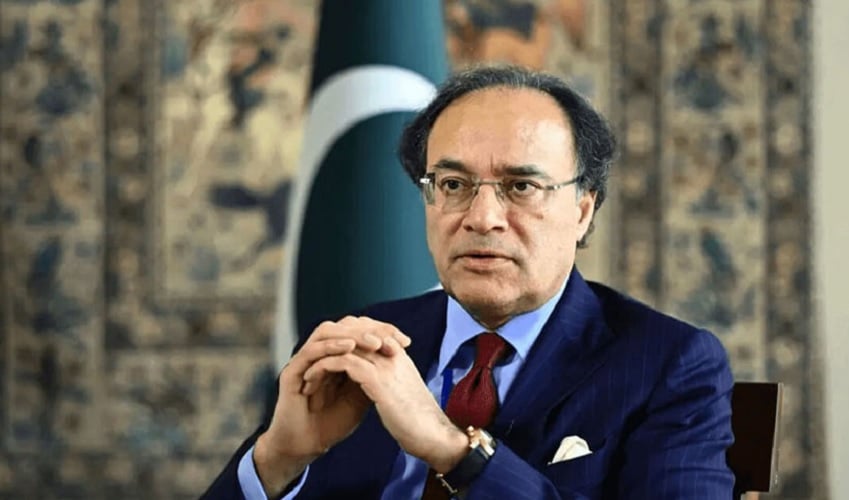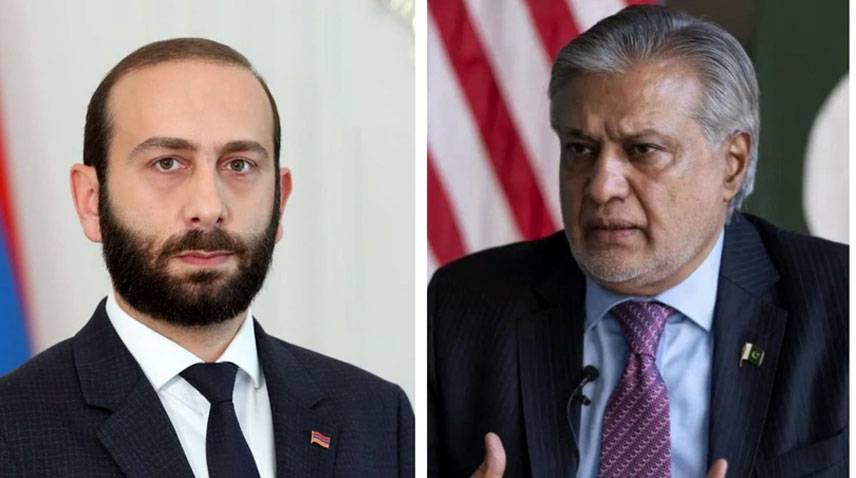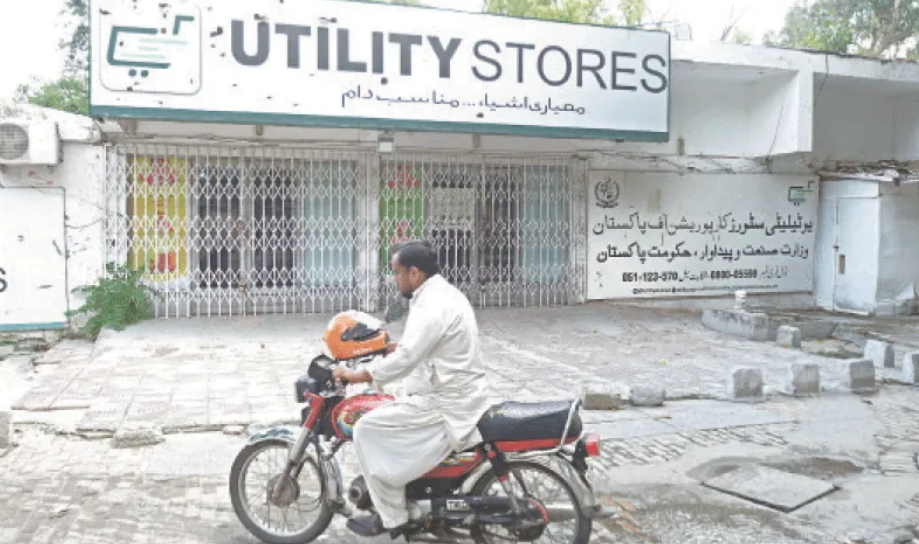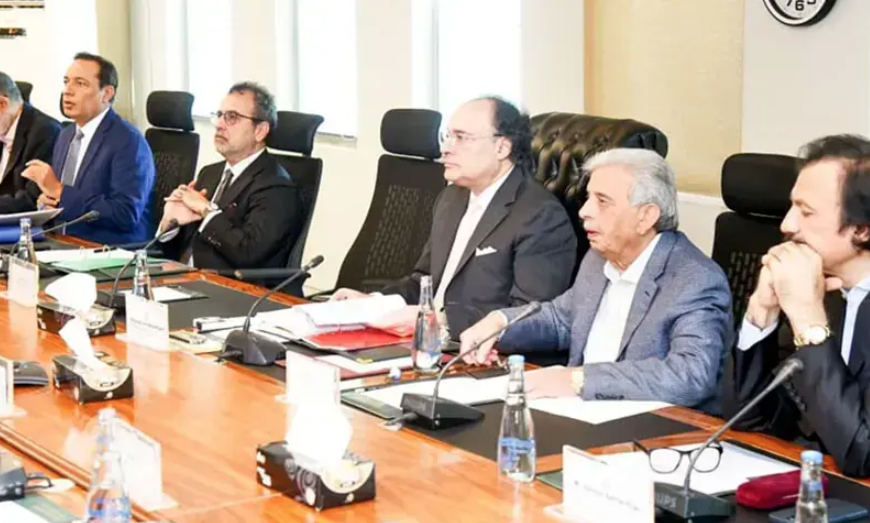TRADE & ECONOMY

Federal Finance Minister Muhammad Aurangzeb has announced that Pakistan will soon introduce comprehensive rules and regulations for cryptocurrency, while also pushing ahead with structural economic reforms and measures to strengthen disaster preparedness.
Speaking exclusively to SAMAA in Islamabad, Aurangzeb revealed that the Pakistan Virtual Assets Regulatory Authority (PVARA) has been established, including representatives from the State Bank, FIA, and Anti-Money Laundering units, to ensure oversight of digital assets. He emphasized the importance of keeping "ears and eyes open" on cryptocurrency trends, adding that regulation will precede any expansion in the sector.
Aurangzeb further confirmed that Panda Bonds will be issued later this year, with progress expected during his upcoming visit to China alongside the Prime Minister.
On the pressing issue of floods, the Finance Minister stated that Pakistan would initially rely on its own resources to manage relief and rehabilitation efforts. He recalled that while the international community provided assistance during the 2022 floods, Pakistan failed to implement sustainable projects at that time. He stressed the need for long-term planning, pointing out that unchecked construction on riverbanks had worsened damages. "We must pray there is no further loss," he said, as floods now move from Punjab toward Sindh.
Highlighting Pakistan’s economic outlook, Aurangzeb said that the country must confront population growth and climate change to reach its target of becoming a $3 trillion economy by 2047. He cited the IMF’s Extended Fund Facility (EFF) program and credit rating upgrades by Moody’s, Fitch, and S&P as signs of improved macroeconomic stability.
Aurangzeb underlined the government’s reform agenda:
- Tax reforms: Transfer of tax policy from FBR to the Finance Division, simplified returns for salaried class, and increased use of technology through NADRA’s involvement.
- Energy sector reforms: Structural adjustments to improve efficiency.
- SOE and institutional reforms: Overhauling 43 ministries and 400 institutions, with 24 placed on the privatization list. Utility stores and PWD have already been shut down, while more institutions will be reviewed for closure or restructuring.
He said the government is prioritizing right-sizing to curb corruption, eliminate wasteful subsidies, and protect the national exchequer. Voluntary separation schemes and tariff reforms are also in the pipeline.
Concluding his remarks, the Finance Minister urged both government and private sector investment in projects, stressing that timely decisions and consistent implementation are essential to securing Pakistan’s economic future.




